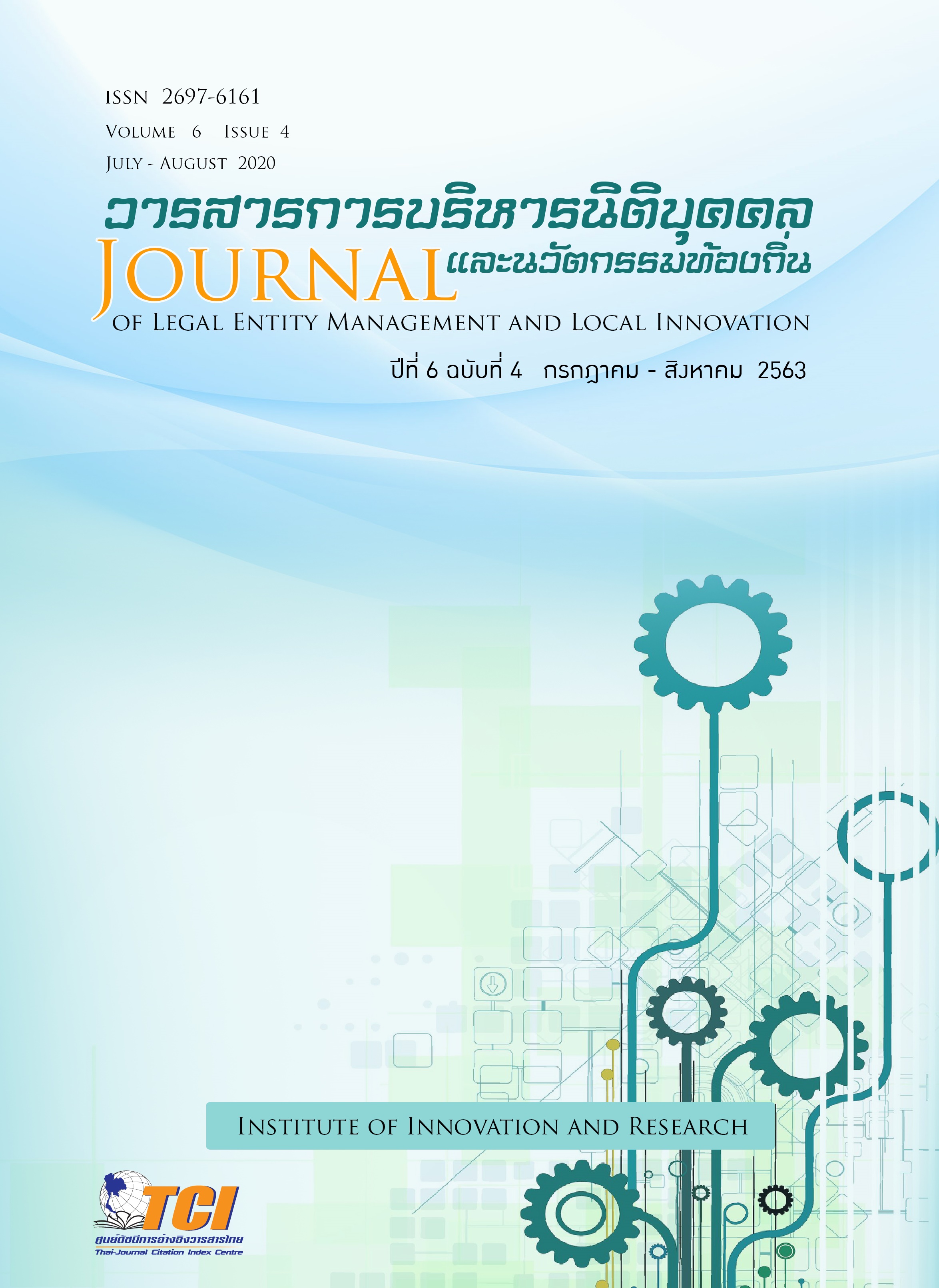Smart City Development: Foreign Experiences and Recommendations for Thailand
Keywords:
Smart City Development, Amsterdam, FujisawaAbstract
This study aimed to answer the main research’s problem on how Thai local government should built a smart city in an effective way. Therefore, this paper focused on approaches of smart city development in Amsterdam City, the Netherlands, and Fujisawa City, Japan, and analyzes recommendations for smart city development in Thailand. The author used documentary research as the main method for this study. The results showed that the primary approach of smart city development in Amsterdam and Fujisawa cities grounded on a collaborative-based approach in which collaboration among public, private, civil society, and other sectors is a prerequisite for developing a smart city. A clear plan and roles of local government are also necessary. This study also found that Amsterdam City reflects a technological-centric approach while Fujisawa City displays a social-centric approach of smart city development. Thailand should prioritize promoting collaboration among other sectors in developing the smart city, strengthening the capacity of local government, and promote a social-centric approach for smart city development.


